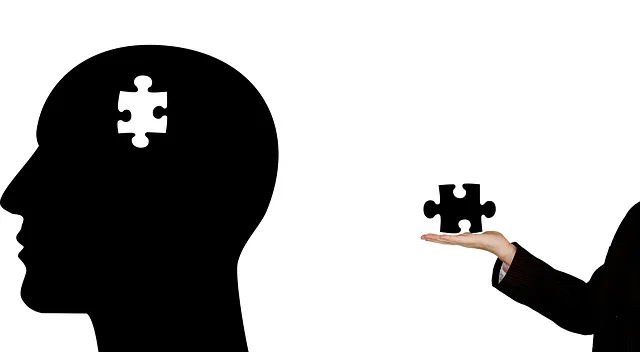They're too fast.
Do you know how intermittent rewards work on us? That if we don't know whether we'd get a reward or not, we're more likely to perform the activity multiple times, even after we get the amount of "rewards" we need. They test it on rats with a pedal that only gives food when pressed some of the times.

It's used to explain why we keep checking our email all the time, but wouldn't if we knew it only delivered mail once an hour, or knew if we're going to get email or not. This also explains the endless cycle of shifting through sites, refreshing each, and waiting for an update. You do a lot of that when depressed, and it's not good for you. Twitter and other social media, especially ones with a lot of people, and doubly so if they post a lot (cause it's designed for frequent, short responses) give you even more of that, keeping you trapped in that cycle. The faster the social media is, the more immediate the response cycle, the worst it is, and Twitter is likely the worst.
Now, that's not too bad in and of itself, cause you'd be using multiple sites otherwise, right? But here is when it gets worse, where we use social media to validate ourselves, something that again becomes more prominent as one gets depressed. You send out messages that either in content or intent say "Notice me. Validate me."
And then because it's so quick, you sit there, waiting for responses, looking for them. It's not like a blog-post where you might accept they'd flow in 2 hours later, up to 24 hours later. You wait for them, and you get disappointed with every tweet that comes out that isn't validating you, which is drowning your plea. And you send more. And even if people send some responses back, they're hard to keep track of and return to later, and they're shorter, and sometimes, for some things, this /does/ matter. And you send more cries for validation as you don't get enough, or as the previous validation falls off due to how quickly everything moves.
Sure, to a degree it happens either way, but social medias only exacerbate it. The nature of your "closed cycles", the nature of how quickly you spiral when validation doesn't approve, and what forms of validation you can receive, and later come back to.
But everyone's on social media, so there we're pushed, but it doesn't mean it's good. Sometimes, we all end up in the worst possible place for our needs. When we're depressed, that's social media.
But let us say you are not depressed. Is this stuff still relevant to you? I'm afraid so. I referenced to it above with "closed cycles", but we all suffer from "open loops", which are things that draw on our attention. A task we hadn't completed, whether we left the door locked, that last witty retort to that bully who cut us on the road. Open loops sap our attention and stop us from being able to give our full attention to whatever it is we're supposed to be doing now, because our minds are still stuck then.
You know what's an open loop, of the same sort that I outlined in the piece above? A just-posted piece on your facebook wall, or on your blog, such as here. You make a post, you worked hard on it, and now you're going to keep refreshing to see how it does.
Unless you are fine with spending an entire day on a just released post, I recommend posting posts before you take a shower, go on a run, or even go to sleep. Keep control of your day and life, and resist open loops, or mitigate them.
Image taken from Pixabay.
This post has originally been posted on my ask.fm here, and has been reformatted and updated as needed for Steemit.